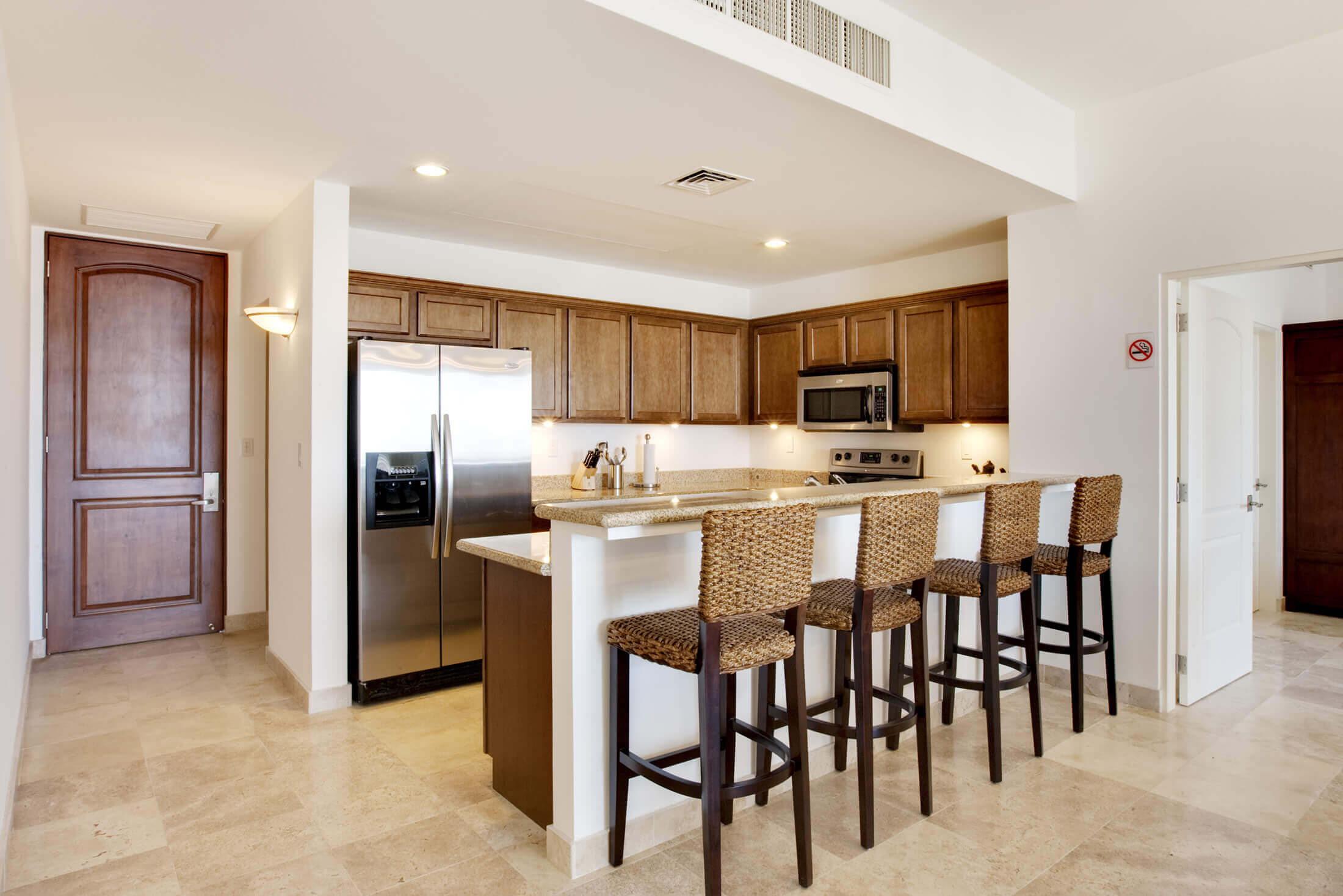Thoughts for Buying a Condo
For many, a condominium is the convenient middle ground between a house and an apartment. Similar to a house, residents have the opportunity to own it outright. Often times, condominiums are the perfect way to enjoy the space and style of a home, without paying nearly as much. The trade off is that condominiums are often packed closely together, you will most likely share a wall and live right next to your neighbors. If the property is a high-rise building, the condo you occupy may very well be above or below another residence.
Still, many people enjoy the condo lifestyle, many condos do not require the residences to take care of the property themselves, and the cost of owning a condo is oftentimes more affordable than buying a home. And of course, there’s a greater sense of community with condos. With that being said, if you’re thinking of buying a condominium, we have compiled a list of must know tips to guide you into your first condominium purchase.
Tips to Follow When Purchasing Your First Condominium
You have almost done it. Those years of hard work and saving your money have finally paid off. You’ve saved up enough, and are prepared to make your first entry into the real estate market. And although you are ready to buy a condominium, you are not fully ready to dive straight in. Now, buying a condo is not too different from purchasing a house, but there are some differences you must be aware of and address, as well as a few concerns you may have. Houses differ from condominiums in that you aren’t usually sharing common areas with houses. In a shared area, the maintenance fees are paid by the collective residents, i.e. you and you’re not so far away neighbors in the form of association fees.
While the real estate laws in Illinois can be a bit confusing at times and ever changing, it is absolutely crucial that you are well researched and represented before you finally make that purchase. Consulting with a licensed realtor, a mortgage broker and an attorney well versed in real estate can help ease your tension and guide you through the buying process, ensuring that all the necessary steps have been made before you finalize your condominium purchase.
Here are a few useful tips when it comes to buying a condo:
Obtaining a Loan for Real Estate
Obtaining a loan and mortgage for a condominium differs from that of a house. The Federal Housing Administration (or FHA), has a separate set of regulations that adhere to condominium purchases. Only after these rules and regulations are met can a loan become approved. A prime example of an FHA regulation would be that loans can only be approved if a building has a minimum of 80 percent of the building’s owners living in the condos themselves. Unfortunately, a property with most of the units consisting of renters, often indicates that obtaining a Federal Housing loan will not be possible. As a result, this narrows down the options of purchasable condos if you require a mortgage.
Additionally, the condominiums and overall property must adhere to the FHA’s list of approvals. There are certain sets of criteria the FHA has before it can approve the loan. FHA-approved condominiums must comply with energy efficiency ratings, as well as chemically treated wood to protect against pests, and adequate insulation and weather stripping. Still, these are not all the criteria, to make a long story short, it might not be the best idea to try and get an FHA loan for a condo you wish to remodel. If this is the case, you’ll probably be able to obtain a loan through a private company, although keep in mind the down payments are much higher.
Rules & Regulations
Condominiums are seldom entirely private areas. Most condos have a lot of residences, all within close proximity to each other. Community rules and regulations are a standard practice with condos, and each owner and tenant must follow these diligently. Some buildings may have a strict no pets policy, or no smoking on the property. These rules can be more general or specific, such as quiet hours after 10 pm. Make sure you are satisfied with the community’s rules and can follow them before you consider making a purchase. In Illinois, after the Seller has accepted the contract, they are obligated to provide the purchaser with a set of the condominium declaration, bylaws, budget, meetings of monthly minutes. The majority of this information will be provided to the Purchaser’s counsel via the 22.1 disclosures.
Condominium Owners Must Pay Monthly, Annual and sometimes Special Assessments
Purchasing a condominium can be a great process, but make sure you understand that there are monthly and annual fees. Just like the homeowner’s association, there’s a condo association, and each owner is expected to pay for insurance and maintenance fees. You’ll be responsible for contributing to the upkeep of common areas like landscaping, swimming pools, parking garages, fitness areas, security gates, buildings and roofing, and club houses. And keep in mind, more upscale properties will have higher fees. It is imperative, before making a purchase, be sure to read and review the minutes, prior budgets, prospective budgets and the financial condition of the association. Try to talk with the board of the condo owners association to ensure that all the money is being properly applied for property maintenance and that enough of the funds are being saved for any major repairs and emergencies.
Condominium Meeting Minutes
Every time the board members of the condominium owners association have a meeting, they must make notes, or minutes. It is absolutely crucial that you set aside some time to go over these protocols. You can gain a quick and simple understanding of how your potential new neighborhood operates, as well as figuring out how the condo board addresses the residents concerns and operations.
Property Maintenance
Before buying anything, and especially a condominium, do your research! Figure out which company maintains the building and property. How old are the buildings and developments? Some communities outsource their maintenance employees for tasks like gardening, cleaning and electrical repair. Other communities may ask that the residents themselves take care of the property. Whatever the case may be, be sure that you pick a condominium were the residents and board members value property maintenance. A condo that isn’t well maintained will ultimately depreciate and you will lose funds when it comes to resell.
When it comes to purchasing a condo in Illinois, you must take into account the factors listed above. Make use of every possible resource you can, surround yourself with a team of trusted professionals and find a condo that is best suited for your lifestyle, budget, and needs.






